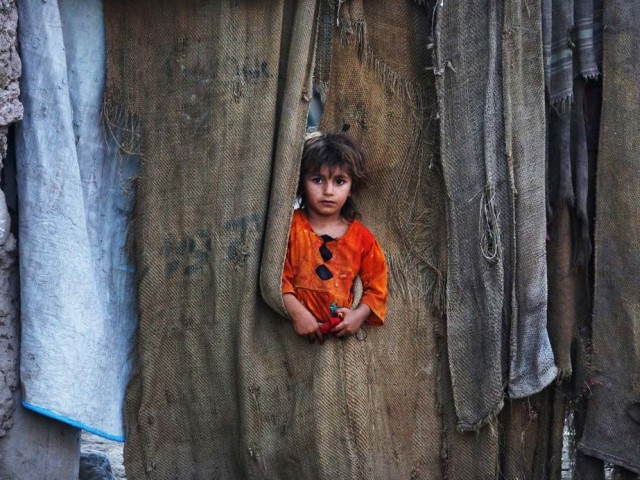A UNCHR report released Sunday said that 120,000 Afghan citizens have sought asylum in 44 countries during the first eight months of this year. As security situation across the country is deteriorating, more and more people are turning to migration. The issue has caught the attention of the government yet the same time the government doesn’t know how to cope with the challenge. According to the UN statistics, Afghan asylum seekers constitute almost 15 percent of the total number of 640,000 refugees who have reached Europe between January and August. Besides that there has been a significant decline in the number of those returning from Pakistan and Iran, in the recent times. Nadir Farhad, the spokesman of UNCHR, said that as many as 122,080 Afghans have submitted applications for asylum in 44 industrial countries in the world until August. Over 90,041 people have returned from Pakistan since January 2015 to September. When some are repatriating and some are leaving the country with the same rate, now the government will have to think over the factors that why people are leaving their country? Is it just insecurity that is driving them out of the country or some economic factors are also involved? Economic factors are equally responsible for the brain-drain and illegal migration. Inflation is all time high. Unemployment is plaguing. Capital flight is gradually increasing. Amid such a situation, it is the government which is supposed to be playing an affective role, but unfortunately soon after forming a National Unity Government, the two leaders were taken over by an internal war, which is why the government couldn’t fully spent its energies on productive programs rather it remained confined to bickering. To reduce the pace of migration, the government will have to create jobs. It wouldn’t be incongruous if President Asraf Ghani and the Chief Executive Abdullah Abdullah are quoted from their political campaign times when the one promised to alleviate poverty and create jobs for all—particularly for the youth and women. Abdullah Abdullah has promised to establish a government that would fight poverty, unemployment, dishonesty, begging and diseases. “We will have a government that nurtures hopes of the people,” he said. After the passage of one year, now it is important to recall that whether two the leaders have remained successful or fallen flatly? If they have failed in living up to expectations of the general public what should they do to restore the confidence of the masses in the government? Insecurity has been equally responsible. Currently some 700,000 people in this war-ridden country remain displaced. Insecurity is a regional issue but failure in reforming national economy, providing people with jobs is very much a domestic issue. The government has been receiving billions of dollars in the name of reconstruction and rebuilding, but the problem is most of the ministries have failed in spending their budgets affectively.
After receiving billions of dollars, the poor physical, political and economic infrastructure is a matter of national honor. Our national economy is in a shambles. More and more people are falling below poverty line and the rich are getting richest. At the same time more and more people are trying to leave the country and get asylum abroad. The government will have to do something on emergency basis to address this issue, lest the country will fall short of young population as there is hardly a jobless young man who wants to be at home.
 Afghanistan Times Latest News and Analysis from Afghanistan and the Region
Afghanistan Times Latest News and Analysis from Afghanistan and the Region




